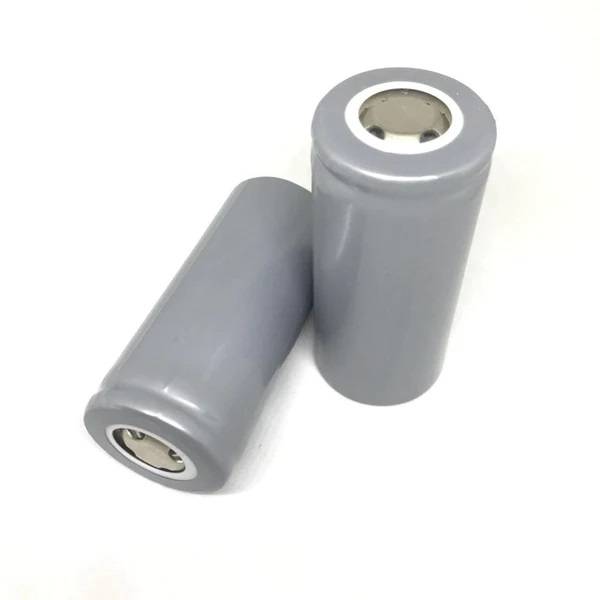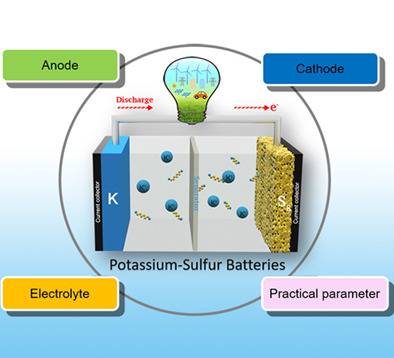Why is electrolyte selection critical for LiFePO4 battery performance and longevity? The electrolyte dramatically affects ion conductivity, thermal stability, and cycle life. What does a high-quality electrolyte do for battery function? It prevents capacity loss, improves charge efficiency, and enhances battery lifespan. How do you choose the correct electrolyte for your specific use case? The correct choice ensures safe and long-lasting operation, especially in demanding applications.
What Role Does the Basic Composition of the Electrolyte Play in LiFePO4 Batteries?
The basic composition of the electrolyte significantly influences the overall performance of LiFePO4 batteries. What are the primary components of a typical LiFePO4 battery electrolyte? These include a lithium salt (e.g., LiPF6), a solvent (e.g., carbonates), and various additives. How do these components collectively affect battery function? The solvent determines the ionic conductivity and stability window, while the lithium salt provides the necessary lithium ions for charge transport.
How Do Specific Electrolyte Additives Improve the Performance of LiFePO4 Batteries?
Electrolyte additives play a crucial role in enhancing the performance and lifespan of LiFePO4 batteries. What are some common electrolyte additives and their specific functions? Examples include vinylene carbonate (VC) for forming a stable solid electrolyte interphase (SEI) layer, and fluoroethylene carbonate (FEC) for improving low-temperature performance. How do these additives optimize battery performance? They can improve capacity retention, enhance safety, and extend cycle life.
Also read:
Is Electrolyte the Key to LiFePO4 Life?
LiFePO4 Cell Assembly: What Techniques Matter Most?
Does Electrode Quality Boost LiFePO4 Power?
What Makes a Top-Tier LiFePO4 Battery Factory?
Why is High Ionic Conductivity in the Electrolyte Essential for Optimal Battery Function?
High ionic conductivity in the electrolyte is essential for achieving optimal LiFePO4 battery function. How does ionic conductivity affect battery performance? It determines the rate at which lithium ions can move between the electrodes during charge and discharge. Why is high conductivity particularly important for high-power applications? Higher conductivity results in lower internal resistance, higher power output, and improved charge/discharge rates.
How Does the Electrolyte Formulation Impact LiFePO4 Battery Performance at Low Temperatures?
The electrolyte formulation significantly impacts the performance of LiFePO4 batteries at low temperatures. How does low temperature affect battery operation? Low temperatures can drastically reduce ionic conductivity and increase internal resistance. How can electrolyte formulation mitigate these effects? By using solvents and additives with low freezing points and high low-temperature conductivity, the battery can maintain reasonable performance even in cold conditions.
What Effect Does the Concentration of Electrolyte Salts Have on Battery Characteristics?
The concentration of electrolyte salts can have a significant effect on LiFePO4 battery characteristics. How does salt concentration influence battery performance? Higher salt concentrations can increase ionic conductivity up to a certain point, but they can also increase viscosity and reduce ion mobility. What is the optimal balance to achieve? The ideal salt concentration optimizes ionic conductivity without compromising other important properties.
Why are Polymer Electrolytes Considered as Alternatives in LiFePO4 Batteries?
Polymer electrolytes are being explored as alternatives to liquid electrolytes in LiFePO4 batteries. What are the potential advantages of polymer electrolytes? They offer improved safety, flexibility, and the potential for higher energy density. What are the main challenges associated with polymer electrolytes? They typically have lower ionic conductivity compared to liquid electrolytes, although ongoing research aims to overcome this limitation.
In What Ways Do Electrolytes Influence the Overall Electrochemical Efficiency of LiFePO4 Batteries?
Electrolytes play a pivotal role in determining the overall electrochemical efficiency of LiFePO4 batteries. How does the electrolyte influence factors like charge efficiency and voltage polarization? The electrolyte’s properties, such as its oxidation/reduction stability and its ability to form a stable SEI layer, directly affect charge transfer kinetics and minimize parasitic reactions. Why is it important to minimize these losses? High electrochemical efficiency translates to improved energy efficiency and longer cycle life.
How Does Electrolyte Viscosity Affect Ion Mobility and Battery Performance?
Electrolyte viscosity is a critical parameter that influences ion mobility and, consequently, battery performance. How does viscosity relate to ion transport? Higher viscosity hinders the movement of lithium ions, reducing ionic conductivity and limiting charge/discharge rates. What measures can be taken to optimize viscosity? Selecting appropriate solvents and additives can help maintain low viscosity while preserving other desirable electrolyte properties.
What Impact Does Electrolyte Purity Have on the Lifespan and Reliability of LiFePO4 Batteries?
Electrolyte purity is paramount for ensuring the lifespan and reliability of LiFePO4 batteries. What types of impurities can be detrimental to battery performance? Trace amounts of water, halides, and other contaminants can promote corrosion, increase self-discharge rates, and accelerate capacity fading. How can manufacturers ensure high electrolyte purity? Implementing rigorous purification processes and quality control measures is essential for minimizing these detrimental effects.
How Does Electrolyte Stability Contribute to the Safety Profile of LiFePO4 Batteries?
Electrolyte stability is a key factor in determining the safety profile of LiFePO4 batteries. What types of electrolyte decomposition reactions can pose safety risks? Electrolyte breakdown can generate flammable gases, increase internal pressure, and potentially lead to thermal runaway. How can stable electrolyte formulations mitigate these risks? Using thermally and electrochemically stable solvents and additives minimizes the likelihood of hazardous events.
What are the latest advancements in electrolyte technology for LiFePO4 batteries?
There are several new advancements in the electrolyte technology for LiFePO4 batteries. What are some trends in improving LiFePO4 battery electrolytes? These include the development of novel additives, the exploration of solid-state electrolytes, and the optimization of electrolyte formulations for extreme temperatures. How are these changes changing battery tech? These innovations aim to enhance safety, extend cycle life, and improve overall battery performance.
Why is Electrolyte Selection Critical for LiFePO4 Battery Performance and Longevity?
Why is Electrolyte Selection Critical for LiFePO4 Battery Performance and Longevity? Because electrolyte selection directly influences crucial aspects of battery performance, including ionic conductivity, thermal stability, cycle life, and low-temperature operation. Choosing the right electrolyte is essential for maximizing battery efficiency, ensuring safety, and achieving long-term reliability in various applications.
| Electrolyte Property | Impact on Battery Performance |
|---|---|
| Ionic Conductivity | Affects charge/discharge rates and power output |
| Thermal Stability | Influences safety and resistance to thermal runaway |
| Electrochemical Window | Determines voltage range and prevents electrolyte decomposition |
| SEI Formation | Affects cycle life and capacity retention |
| Low-Temperature Performance | Impacts performance in cold environments |
Expert Views
“Electrolyte selection is a cornerstone of LiFePO4 battery design,” says a leading battery technology expert from Redway. “The electrolyte not only facilitates ion transport but also dictates the battery’s safety, lifespan, and performance characteristics. Innovations in electrolyte technology are crucial for pushing the boundaries of LiFePO4 batteries and enabling their widespread adoption in demanding applications.”
Conclusion
Why is Electrolyte Selection Critical for LiFePO4 Battery Performance and Longevity? In conclusion, electrolyte selection is of utmost importance for LiFePO4 batteries. Carefully considering electrolyte composition, additives, concentration, and stability enables manufacturers to optimize battery performance across a wide range of operating conditions. Ongoing advancements in electrolyte technology promise to further enhance the capabilities of LiFePO4 batteries, solidifying their position as a safe, reliable, and high-performance energy storage solution.
FAQ
- What is the primary function of the electrolyte in a LiFePO4 battery? The electrolyte facilitates the transport of lithium ions between the cathode and anode during charge and discharge cycles.
- How do electrolyte additives improve LiFePO4 battery performance? Electrolyte additives can enhance ionic conductivity, improve SEI layer formation, increase thermal stability, and extend cycle life.
- What makes polymer electrolytes a promising alternative to liquid electrolytes? Polymer electrolytes offer improved safety, flexibility, and the potential for higher energy density.
- How does electrolyte purity affect the lifespan of a LiFePO4 battery? Impurities in the electrolyte can promote corrosion, increase self-discharge rates, and accelerate capacity fading, reducing the battery’s lifespan.
- What is the significance of electrolyte stability in LiFePO4 batteries? Electrolyte stability ensures a safer battery operation by minimizing the risk of thermal runaway and reducing the formation of flammable gases.











